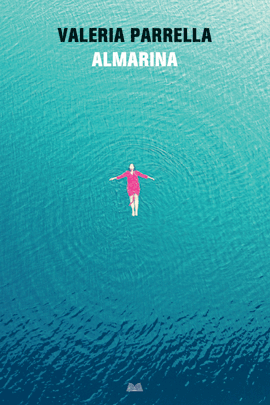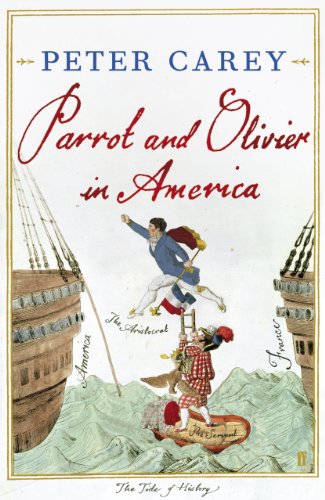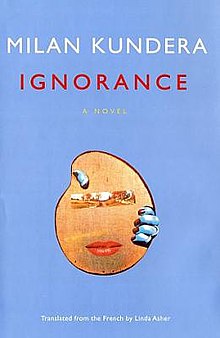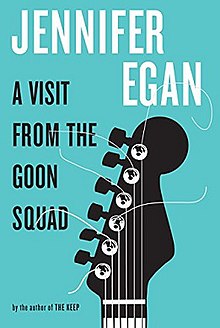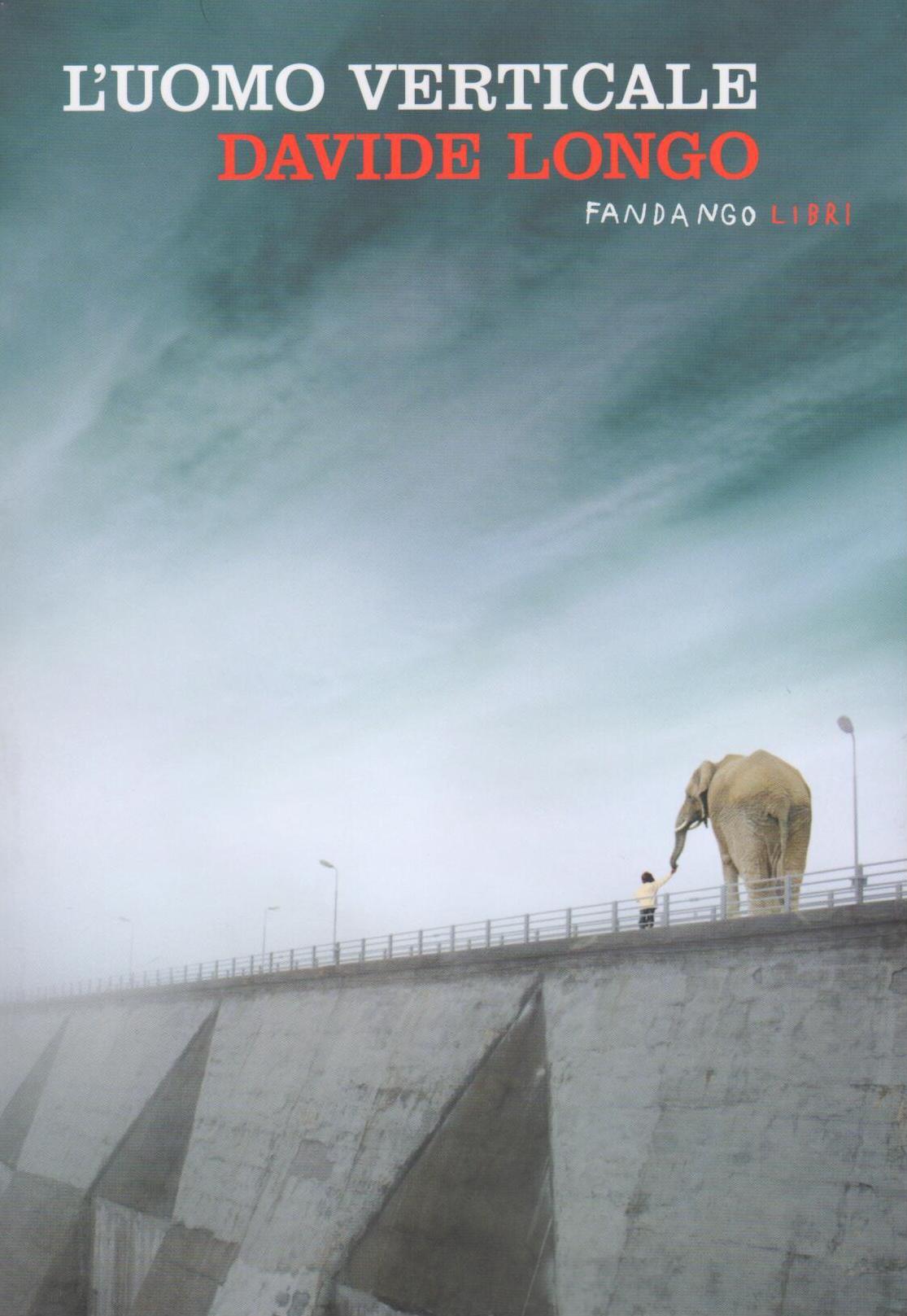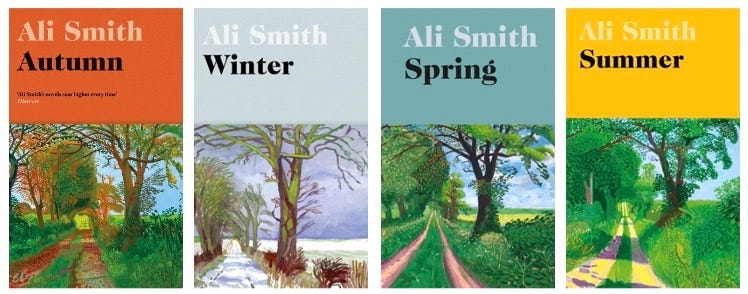
I was in need of a wonderful Coetzee book after the disappointment of the two "Jesus" books, and I got exactly what I needed thanks to the (limited) offer of the Southwark e-library.
I don't think there is anything wrong with a bit of self-celebration, in particular for an author as famously reclusive as Coetzee, and the idea of telling a fictionalized story of his own life through the eyes of people he interacted with is just great.
What's a bit more (well, more than a bit) on the bizarre/morbid side of things is that in the novel John Coetzee is supposed to have died, and that's the reason why the story of his life is being put together with the help of other people and extracts from his writings. But hey, possibly a bit creepy to be writing while thinking about yourself as dead, but it seems to have worked for him!




